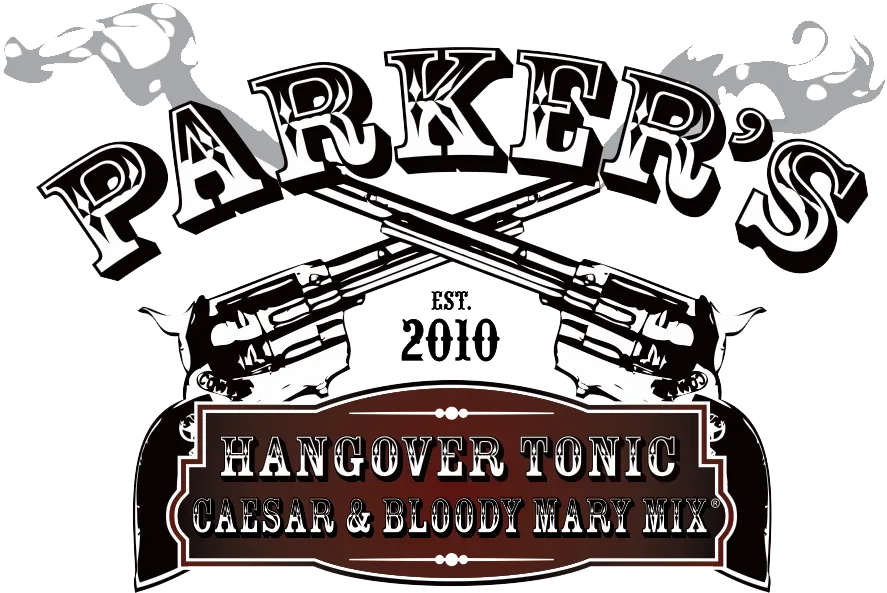The Science Behind a Bloody Mary
Ever wonder why people drink Bloody Marys in the morning? Well, aside from the obvious excuse to get your drink on at 10 a.m. (or earlier!) the Bloody Mary can, hypothetically, help a hangover to a certain degree.
Now don’t quote us here because the science in all of this is somewhat spotty — after all, what enthusiastic drinker isn’t looking for a cure-all the morning after? — but the basic idea is that alcohol contains trace amounts of methanol, which the body converts to toxic formaldehyde. Yeah, the stuff with which they preserve dead bodies (which might explain why we feel like dead warmed over with a hangover.)
Stay with us here. When someone gets methanol poisoning, they are given ethanol to stop the body converting methanol to formaldehyde. According to Adam Rogers, author of Proof: The Science of Booze, there is a hypothesis that a hangover is actually a form of methanol toxicity; so, if you have another drink — like, say, a breakfast concoction of tomato juice dressed up as a boozy Bloody Mary — the ethanol (alcohol’s main element) in the booze will cancel out the over-abundance of methanol and, presto, you feel better. Like we said, it’s spotty science, but hey, it’s as good an excuse as any (as is the new year) to enjoy a Bloody Mary.
Let’s get one thing clear: the medical community still doesn’t agree about what really causes hangovers. The latest research I dug up suggests that while dehydration makes us feel worse after a night of heavy drinking, hangovers are caused by more than just dehydration. Rather, it seems like excessive drinking affects the very way our bodies metabolize and use nutrients.
Regardless, though, of what causes hangovers, the Bloody Mary contains plenty of ingredients that might really make you feel better.
Tomatoes contain the electrolytes sodium and potassium, the antioxidant vitamin C, and a whole host of vitamins, such as lycopene and vitamins B6. Vitamin B6, in particular, is one of the few remedies to have been shown to reduce the effects of a hangover. Other tomato components, such as carotenoids, have also been studied for their medicinal effects, but I didn’t find anything relating them to hangovers.
As for the other ingredients in a Bloody Mary, I did notice that all the savory add-ons are high in glutamates (or MSG or “umami” as you might know them). And while glutamates are an important neurotransmitter, it appears that the vast majority of dietary glutamates are metabolized into other amino acids and never make it anywhere near the brain as actual glutamate. I also found a few sources that claimed glutamine supplements might help with hangovers and that made me wonder again about glutamates, but without more scientific evidence, there isn’t much to recommend here.
One thing is certain, though: the vodka portion of the Bloody Mary (or of any hair-of-the-dog, for that matter) does nothing good for you. If you really want to feel better after a long night of drinking, maybe try a Virgin Mary on for size.
In summary: the non-booze ingredients of a Bloody Mary deliver up electrolytes, water, Vitamin C, and Vitamin B6, all of which might help with a hangover. Vodka, not so much.
